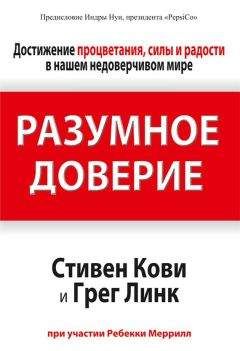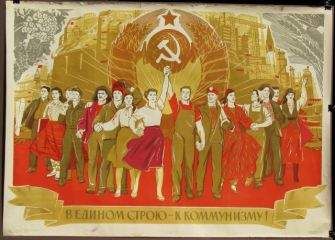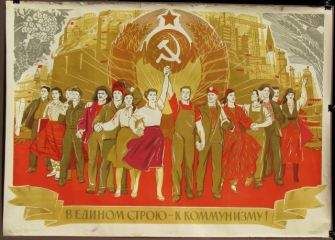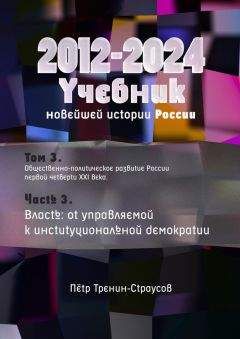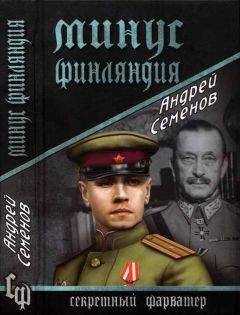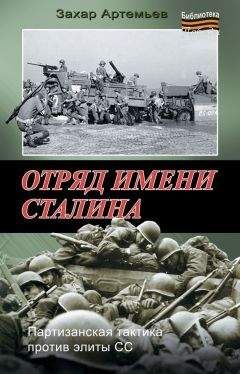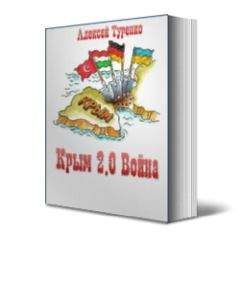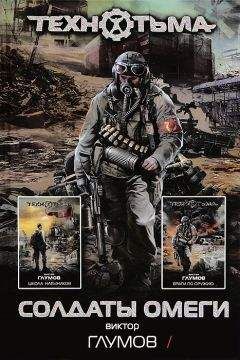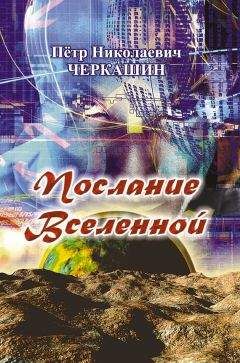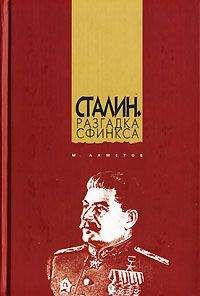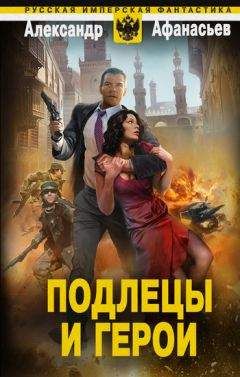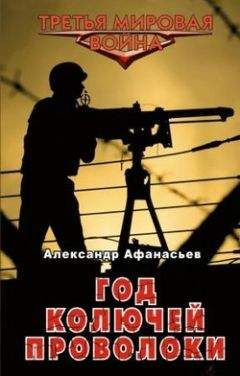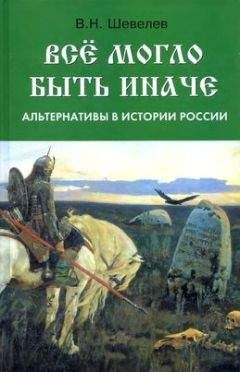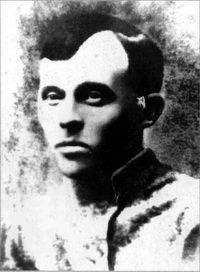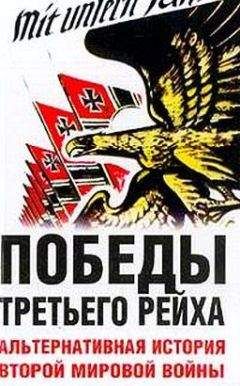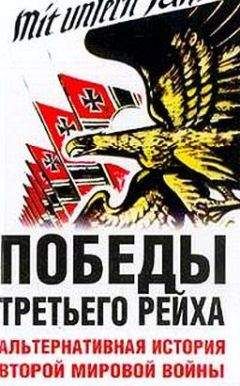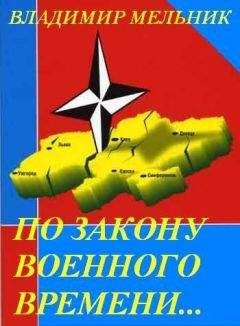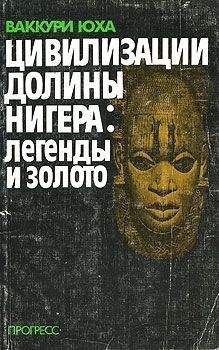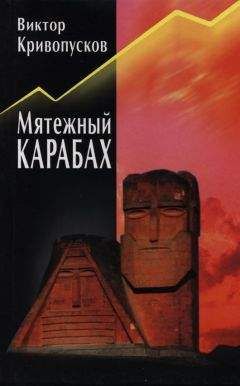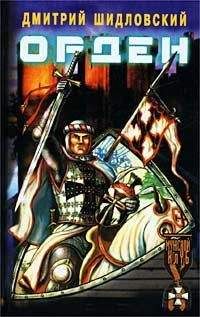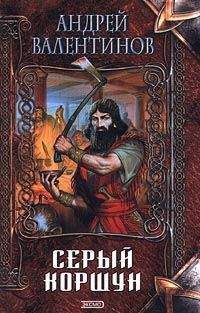Гайк Демоян - Турция
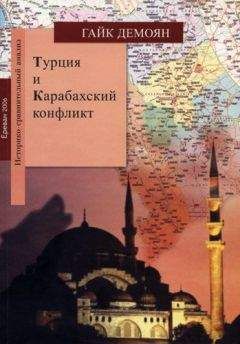
Скачивание начинается... Если скачивание не началось автоматически, пожалуйста нажмите на эту ссылку.
Жалоба
Напишите нам, и мы в срочном порядке примем меры.
Описание книги "Турция"
Описание и краткое содержание "Турция" читать бесплатно онлайн.
В исследовании рассматриваются аспекты турецкой внешней политики в отношении Карабахского конфликта в историческом и современном измерении. На основе широкого фактологического материала анализируется проблема Нагорного Карабаха в контексте армяно-турецких отношений и новой внешнеполитической доктрины неопантюркизма. Отдельно анализируются турецкие инициативы, направленные на обеспечение проазербайджанской позиции в разрешении конфликта, внутритюркские разногласия вокруг карабахской проблемы, фактор религиозной солидарности, а также распространения сети международного терроризма в Азербайджане вследствие вербовки наемников из исламских стран. Книга рассчитана на экспертов, студентов и исследователей, изучающих Карабахский конфликт, внешнюю политику Турции, а также на широкий круг читателей
The Turkic factor was clearly one of the various factors affecting the Nagorno-Karabakh conflict. Several Turkic-speaking countries were involved in efforts both to resolve the conflict and to. escalate it; the latter was especially evident in the case of Turkey's pro-Azerbaijani position.
Taking into consideration the many facts and factors of Turkish interference in the zone of the Karabakh conflict, it should be stated that Turkey, openly supporting Azerbaijan in its war against Nagorno-Karabakh and Armenia, was party to the conflict rather than to its solution. The Turkish involvement in the conflict included the following components:
• threats of military intervention, pressure through display of force,
• implementing the transportation and energy blockade of Armenia,
• providing military support to Azerbaijan,
• developing initiatives directed at the formation of an anti-Armenian coalition and information isolation of Armenia,
• lobbying Azerbaijani interests in international organizations.
Both Azerbaijan and Turkey have been trying to present the conflict as a confrontation of "Turkic brothers" with Armenians so as to win the support of Turkic republics of Central Asia. Turkey joined the Azerbaijan-initiated economic blockade of Armenia and rejected Armenia's proposition to establish diplomatic and trade relations. Ankara's preconditions on establishing ties with Armenia were that Armenia should
• discontinue its support of efforts to achieve international recognition of Armenian genocide;
• renounce territorial claims to Turkey,
• withdraw its troops from Azerbaijan and recognize Azerbaijani sovereignty over Nagorno-Karabakh.
[стр. 226] Summary
History became one of the main obstacles to the establishment of mutually beneficial relations. The key issue here is Turkey's denial of the historical fact of the Armenian Genocide. One of the initiatives aimed at aborting the international recognition of the Genocide had been the Turkish Armenian Reconciliation Commission established in 2001.
In 1992-1994, Turkish leaders regularly made aggressive statements threatening a military intervention into Armenia.
With the successes of Armenian troops in Karabakh, the option of a military intervention into the conflict was widely discussed in Turkish political and military circles. However, in May 1992 a very sharp reaction followed from Moscow: the Chief of General Staff of the Joint CIS Force warned Turkey that such action could unleash a global war. Forced to give up the idea of a military intervention, Turkey continued to provide military as well as economic aid to Azerbaijan. Turkey's support of Azerbaijan was intended, amongst other things, to show its commitment to promoting and protecting Turkic nations and communities. As further proof, the Turkish army and intelligence services launched undercover operations to supply Azerbaijan with arms and military personnel. According to Turkish sources, over 350 high-ranking officers and thousands of volunteers from Turkey participated in the warfare on the Azerbaijani side. Western authors reported several major shipments of weapons from Turkey, including brining an arsenal of Soviet-made arms from former German Democratic Republic (GDR).
Meanwhile Turkish generals were involved in planning battles through a joint effort of the Turkish and Azerbaijani General Staffs. Though negligible compared to Turkey's potential, and implemented in a covert fashion, Turkish military support should not be underestimated in terms of its impact on the Nagorno-Karabakh conflict.
Some Turkish moves against Armenia were openly militaristic and aggressive. These included threats to use force; display of force; use of force; blockading Armenia; opening fire at Armenian territory etc.
From 1991 to 1993, the presidents of Central Asian republics made repeated attempts to promote a peaceful resolution of the Karabakh conflict. Kazakhstan's President Nursultan Nazarbayev together with Boris Yeltsin organized a meeting between the presidents of Armenia and Azerbaijan in the Russian city of Zheleznovodsk. In summer 1992, Nazarbayev came up with a new mediation initiative. However, just as previous initiatives, this one also failed to bring about a peace agreement.
Alongside military initiatives, Turkey undertook very active diplomatic activities and lobbying in the international organizations; in bilateral and multilateral negotiations, it promoted a pro-Azerbaijani bent of mediation and conflict resolution efforts.
[стр. 227] Turkey and the Karabakh Conflict in 1990s: a Comparative Historical Analysis
Turkey's new interstate-level initiative was to organize 'Turkic Summits' for Turkic nations (Azerbaijan, Kazakhstan, Kyrgyzstan, Turkmenistan and Uzbekistan) during the first of which both Turkey and Azerbaijan tried to convince the leaders of Central Asian Turkic republics to adopt a joint statement condemning Armenia's policy in Nagorno-Karabakh, and to sever economic relations with Armenia.
Despite all the pressure, the leaders of Central Asian states refrained from any anti-Armenian initiatives, partly due to their membership in CIS Collective Defense Agreement, and partly to a general pragmatic approach which made them want to keep clear of a conflict happening thousands of miles away. Amongst other things, they declined a joint Turkish-Azerbaijani proposition of imposing an embargo on Armenia.
Because of inter-Turkic discord, the Second Turkic Summit scheduled to take place in Baku in 1993 was only held in Istanbul in October 1994. The final declaration of the Summit only mentioned the need to resolve the Karabakh conflict in accordance with the resolutions adopted by the UN Security Council. It should be noted that Azerbaijan failed to get the support it expected from the Turkic republics of Central Asia since the latter were unwilling to damage their relations with Armenia and Russia. The political leadership of Turkic states of Central Asia adopted a very flexible and pragmatic stand, keeping a safe distance from the excessively politicized project of an "All-Turkic Union". The failure of Turkey's initiatives marked a turning point in the relations between Turkey and the Turkic republics of the former USSR, paving the way for a more realistic approach to establishing political and economic relations.
Relations between Turkic republics were further hindered by the tensions between Turkey and Azerbaijan ensuing from Turkish involvement in the attempted coup d'etat in Azerbaijan against President Heydar Aliyev. Azerbaijan and Turkmenistan also had a point of dispute: the ownership of several oil fields in the Caspian Sea.
Though a secular state, Turkey was heavily involved in the diplomatic activities among Islamic states, and particularly in meetings of the Organization of Islamic Conference (01C). Trying to add more Muslim countries to the ranks of the anti-Armenian coalition, Turkey was actively involved in the drafting of OIC statements that condemned Armenia. Another setup for lobbying in favor of Azerbaijan in an Islamic context was the Organization for Economic Cooperation of which Iran, Turkey, Pakistan and Central Asian Republics were members.
Azerbaijan and Turkey had directly or indirectly contributed to the spread and launching of the activities of international terrorist network. As thousands of Islamic militant groups, such as Chechen combatants and Afghani Mujahideens, were invited to join the warfare in Nagorno[стр. 228] Summary
Karabakh, a new escalation began that all but caused the conflict to take on an international dimension.
Turkey's and Azerbaijan's recruitment of Islamic radical militant groups from Chechnya, Afghanistan, and Pakistan to help them implement their foreign and domestic policies created the dangerous precedent of initiating terrorist activities at home. Many mercenaries joined the terrorist groups, and eventually the governments that started as recruiters ended up as the targets of terror. Moreover, the international terrorist network, and particularly Osama ben Laden's al-Qaeda, used both countries as bridgeheads to regulate and launch terrorist operations targeting US and its institutions abroad.
The 'Azerbaijani connection' came to light the bombings of US embassies in Kenya and Tanzania. Azerbaijan was shown to host terrorist organizations and persons that had been involved in preparing September 11 attacks.
The echo and lessons of the Karabakh war highlight the ambitious policy of Turkey with regard to the self-determination move of the Armenian minority. Moreover, in its policy in the Nagorno-Karabakh conflict, Turkey had on a number of occasions violated its international commitments as it sided with Azerbaijan, supplied it with arms, helped it with logistics and gave it strong diplomatic support. The joint Turkish-Azerbaijani blockade of Armenia is a continuation of this policy.
ИСТОЧНИКИ И ЛИТЕРАТУРА
Архивные материалы
Open Society Archives (OSA), Будапешт, Венгрия
1. Afghan Mujahid Ready to Fight for Nagorno-Karabakh, RFE/RL Records, May 4, 1994, Slavic, Baltic amp;Eurasian Archive, Azerbaijan, HU-OSA, 300/80/6/2.
2. Afghan Mujahideen Said to Be Involved in Karabakh Fighting, RFE/RL Records, December 23, 1993, Azerbaijan, HU-OSA, 300/80/6/2.
3. Armenians in Turkey Receive Threatening letters, «Reuter», 28.10.1994, Slavic, Baltic amp;Eurasian Archive, HU-OSA, 300/80/3 box II.
4. Azerbaijan and Turkey to Cooperate in Military Training, Krasniy Arkhiv, RFE/RL Records, HU-OSA, 300/80/1/13.
5. Azerbaijan Asks Turkey for More Military Training, RFE/RL Records, December 30, 1993, HU-OSA 300/80/6/3.
6. Azerbaijan Enlists Afghan Mercenaries, RFE/RL Records, November 8, 1993, SB amp;Eurasian Archive, Azerbaijan, HU-OSA, 300/80/6/3.
7. Fuller Elizabeth. Azerbaijan After the Presidental Elections, RFE/RL Research Report, vol. 1, No. 26, 26 lune, 1992, Slavonic, Baltic amp;Eurasian Archive, Azerbaidjan, HU-OSA, 300/80/1/13.
8. Fuller Elizabeth. Nagorno-Karabakh: Can Turkey Remain Neutral?, RFE/RL Research Report, April 3, 1992, Nagorni Karabakh, HU-OSA, 300/80/1/15.
9. Fuller Elizabeth. Nagorno-Karabakh: Internal Conflict Becomes International, RFE/RL Research Report, 13 March 1992, Нагорный Кара-бах, HU-OSA, 300/80/1/15.
10. Fuller Elizabeth. The Thorny Path to an Armenian-Turkish Rapprochement, RFE/RL, Research Report, vol. 2, no. 12, 19 March 1993, Slavic, Baltic amp;Eurasian Archive, Нагорный Карабах, HU-OSA, 300/80/1/15.
11. Fuller Liz. Russia, Turkey, Iran and Karabakh Mediation Process RFE/RL Research Institute, February 16, 1994, HU-OSA 300/80/6/2.
12. Kazakhstan Muslims to Fight in Karabakh?, RFE/RL Records, Нагорный Карабах, HU-OSA 300/80/1/15.
13. Reese William. Turkish Claims to Say in the Status of Nakhichevan, RFE/RL Research Institute, RL 136/88, March 28, 1988, KRANYI ARKHIV, Armenia, HU-OSA, 300/80/1/49.
[стр. 230] ИСТОЧНИКИ И ЛИТЕРАТУРА
14. Stepanakert Claims Azeris Increasingly Use Turkish Weapons in Karabakh, INTERFAX, RFE/RL Records, April 4, 1994, SLAVONIC, BALTIC amp; EURASIAN ARCHIVE, Azerbaijan, HU-OSA, 300/80/6/2.
15. Turkey has Nothing to do with Azerbaijan, Munich, December 21, 1988, (RLIMU/Erkin Alptekin), F575, Radio Liberty Research Red Archive, HU-OSA, 300/80/1/944.
16. Turkey Providing Weapons to Nakhichevan? RFE/RL Reports, September 10, 1992, HU-OSA, 300/80/1/1054.
17. Turkish Troops put on Alert on Armenian Border, RFE/RL Records, September 3, 1993, HU-OSA, 300/80/6/2.
18. Turkey Rejected EU Request to Open Border With Armenia, November 11, 1994, Slavic, Baltic amp;Eurasian Archive, HU-OSA, 300/80/3 box II.
19. Turkey Seeks Debate on Peacekeepers for Caucasia (Reuter) June 27, 1994 Slavic, Baltic amp;Eurasian Archive HU-OSA, 300/80/3 box II.
20. Up to 2500 Afghan May Be Fighting in Azeri Army, RFE/RL Records, April 27, 1994, Azerbaijan, HU-OSA, 300/80/6/2.
21. RFE/RL Reports on the USSR January 19, 1990, HU-OSA 300/8/38/box 1.
Национальный архив Армении
22. Фонд 1, оп. 127, д. 784, л. 7.
23. Фонд 1, оп. 127, д. 784, л. 8.
24. Фонд 1, оп. 127, д. 536, л. 13.
25. Фонд 1, оп. 127, д. 536, л. 14.
26. Фонд 1, оп. 127, д. 700, л. 16.
27. Фонд 1, оп. 127, д. 784, л. 36.
28. Фонд 1, оп. 127, д. 537, л. 39.
29. Фонд 1, оп. 127, д. 784, л. 52.
30. Фонд 1, оп. 127, д. 536, л. 53.
31. Фонд 1, оп. 127, д. 700, л. 83.
32. Фонд 1, оп. 127, д. 700, л. 84.
33. Фонд 1, оп. 127, д. 784, л. 92.
34. Переписка Энвера и Кемаль-паши. Перевод в НАА
35. Наши действия на Северном Кавказе в мировой войне и боевые действия 15-ой дивизии, полковник И. Беркук, «Askeri mecmua», 1, Еу1и1 1934. Перевод в НАА.
36. 5-ая кавказская пехотная дивизия на путях к Баку во время ми¬ровой войны, начальник штаба 5-ой дивизии Рюштю, «Askeri mecmua», 1, Haziran, 1934, No 34. Перевод в НАА.
[стр. 231] ИСТОЧНИКИ И ЛИТЕРАТУРА
37. Энгин Арын. Агатюркизм и борьба между москалями и тюркским миром, Стамбул, 1953. перевод в НАА.
Архив МИД РА
38. Письмо министерства иностранных дел РА МИД Турции, 10/2/96, Архив МИД РА, дело 291, л. 17.
39. Телефонный разговор между заместителем министра иностран¬ных дел РА Арменом Байбурдяном и послом Турции в РФ Наби Шансоем, Архив МИД РА, дело 243, оп. 5.
Первоисточники и сборники документов
40. Большевистское руководство. Переписка 1912-1927, РОССПЭН, М., 1996.
41. Бондаревский Г. Л. Трагедия Кавказа: факты истории (на основе документов Public Record Office, Лондон), «Новая Евразия: Отно¬шения России со странами Ближнего Зарубежья», Сб. статей 2, М., 1994.
42. Борьба за победу советской власти в Азербайджане 1918-1920, Документы и материалы, Издательство Академии наук Азербайд¬жанской ССР, Баку, 1967.
43. Борьба за установление советской власти в Дагестане, 1917-1921. Сборник материалов и документов, М., 1958.
44. Геноцид армян в Османской империи, Сборник документов и материалов под ред. М. Г. Нерсисяна, Ереван, Айастан, 1983.
45. Джордж Дэвид Ллойд. Правда о мирных договорах, т. 2, М., 1957.
46. Документы внешней политики СССР, Госполитиздат, М., 1959, 1960.
47. Документы и материалы по внешней политике Закавказья и Гру¬зии, Тбилиси, 1919.
Подписывайтесь на наши страницы в социальных сетях.
Будьте в курсе последних книжных новинок, комментируйте, обсуждайте. Мы ждём Вас!
Похожие книги на "Турция"
Книги похожие на "Турция" читать онлайн или скачать бесплатно полные версии.
Мы рекомендуем Вам зарегистрироваться либо войти на сайт под своим именем.
Отзывы о "Гайк Демоян - Турция"
Отзывы читателей о книге "Турция", комментарии и мнения людей о произведении.






